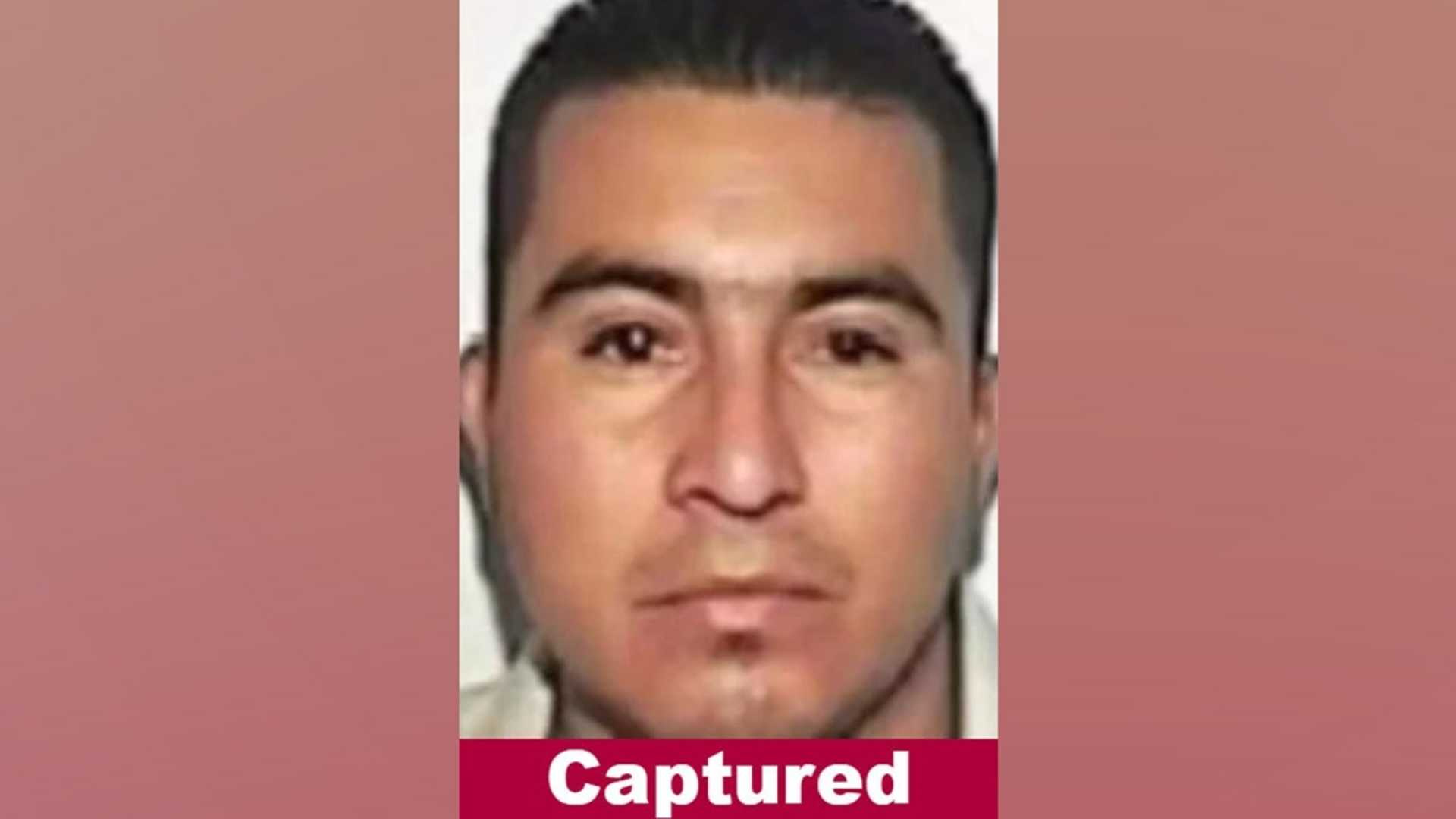News
FBI Arrests East Coast MS-13 Leader Amid Ongoing Gang Crackdown

WOODBRIDGE, Va. – Authorities captured a top leader of the MS-13 gang on Thursday morning, marking a significant development in ongoing efforts to dismantle the gang’s operations in the United States. The 24-year-old suspect, whose identity has not yet been disclosed, was apprehended in Woodbridge, Virginia, just south of Washington, D.C., according to the FBI.
U.S. Attorney General Pam Bondi and FBI Director Kash Patel were on-site for the arrest, which involved a coordinated operation that included the FBI, the Prince William County Police Department, the Bureau of Alcohol, Tobacco, Firearms and Explosives, Immigration and Customs Enforcement, and the Virginia State Police.
“Just captured a major leader of MS-13. Tom HOMAN is a superstar!” President Donald Trump tweeted, highlighting the significance of the capture in the administration’s ongoing battle against gang violence.
The apprehension comes amid a broader crackdown on MS-13 and the deportation of gang members back to El Salvador as part of a controversial strategy by the Trump administration aimed at reducing gang-related crime. This follows recent reports that top MS-13 leaders, including César Humberto López-Larios, had been deported back to El Salvador, raising concerns about intelligence loss, as these individuals were believed to hold critical information about gang operations and corruption.
López-Larios was said to be a potential source of insight into the connections between MS-13 and Salvadoran officials. Critics argue that the U.S. government’s decision to deport him undermines the pursuit of justice and potentially allows him to evade prosecution.
“It’s a historical loss,” a former federal agent familiar with MS-13 investigations said. “He was a potential high-level source. And he doesn’t get to face U.S. justice.” In addition to MS-13, the U.S. has also been engaged in the repatriation of members of other violent groups, such as the Venezuelan gang Tren de Aragua, as part of ongoing deportation efforts.
The implications of these deportations are far-reaching, as U.S. authorities are tasked with addressing an influx of gang violence at home while also managing foreign policy ties with Central American countries like El Salvador. The situation raises further questions about how these deportation flights align with legal orders regarding the handling of suspected gang members and potential terrorists.
As investigations continue, officials emphasize the need for continued vigilance against transnational gangs and their collaboration with corrupt officials to sustain their illicit activities.
This is a developing story. More updates will follow as details emerge.












